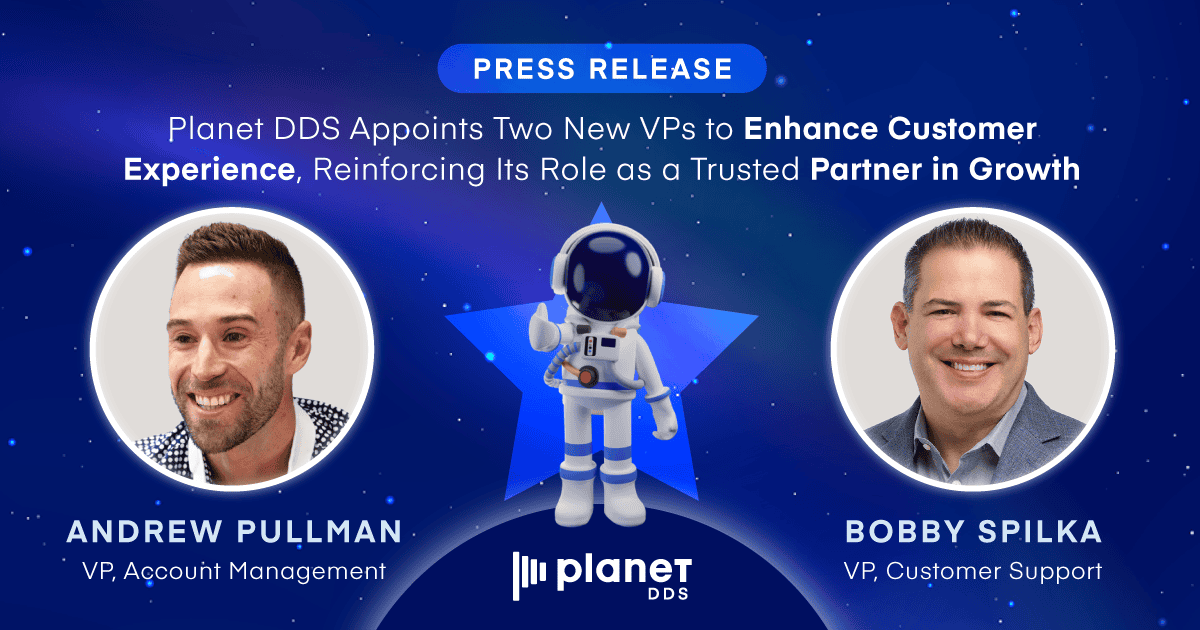What’s Attribution in Healthcare Marketing?

How The Jeans You Bought Online Explain the Patient Journey
By Dr. Greg Grillo
Digital marketing involves a web of interconnected pieces that move consumers towards action. For our medical practices, we want curious visitors to schedule an appointment. But how they get from awareness to treatment isn’t always as simple as it seems.
Here’s a scenario you’ve likely encountered: you’re eating breakfast and scrolling through a news site, and you see a banner ad for a new clothing brand. You like the look of the jeans in the ad, and you remember seeing the brand on Facebook, too. So, you decide to check it out after work. You load up your shopping cart that evening but decide to wait until your tax return arrives for the final purchase. A few days later, the store sends you an email reminder about your shopping cart, and you decide to buy.
If you’re running the brand’s marketing campaigns, which touchpoint should be credited for the sale? Do you credit the banner ad, social media content, or the email for your decision? All three touchpoints influenced your decision, but it’s challenging to determine how to weigh the credit. And would you have purchased the jean if one of those pieces went missing? Synchronizing multiple platforms is vital to move consumers to act in our direction, too.
Exploring Beyond The Click
In the past, marketing experts measured conversions by attributing the sale to the last touchpoint in the process. But last-click attribution doesn’t consider the interaction of digital components and the complex consumer purchasing journey. Most e-commerce marketers have abandoned this metric for more detailed, multi touch attribution models; healthcare has been slow to catch up. Many practitioners still look for a single campaign to produce a specific number of new patients .
It’s just not so simple.
A patient’s decision to visit your office for an exam may be even more complicated than your decision to buy a pair of jeans. Over 70,000 health-related searches hit Google every minute, and prospective patients may extensively research their health condition before looking for a provider. They may also check their insurance before evaluating providers around them.
However, the deeper psychology of healthcare underscores the importance of an integrated marketing model. A sound plan includes three realms: intent-based marketing, awareness marketing, and remarketing. Most healthcare practices should consider allocating their funds like this:
- 70% of their digital marketing budget goes to intent-based marketing, usually Google. Ads display when users search for specific keywords, including “near me.” At least 60% of patients indicate they choose a doctor based on a convenient location.
- 30% split between remarketing and awareness ads. Facebook and Instagram are examples of good places to build your brand. And you may choose to follow site visitors with ads as part of this allocation as part of a retargeting strategy.
Look At The Big Picture
Digital marketing takes time to produce results, and ongoing data analysis drives minor adjustments that fine-tune a complex process. But in the end, the best measure of success revolves around the overall goals of your practice. If you’re serving a steady flow of new patients, nurturing online reviews, and increasing profitability, then you’re on the right track.
If your practice is missing the mark, you may need more marketing, not less. While a mature practice should spend around 5% of its overall budget on marketing, a start-up may need to allocate 15%. Or you may need to adjust the platforms, content, and targeting of your existing campaigns. Multiple touchpoints line up before the last click a patient makes, and researchers suggest that it takes an average of seven touchpoints before a consumer makes a buying decision. It may be more or less in healthcare, but practices frequently fall short of building enough exposure to potential patients.
Promoting a Trust-Based Experience
Provider decisions in the healthcare industry follow a curvy road that’s challenging to track. If we attempt to understand the process through direct attributions to single channels, frustration follows. We’ll grind our teeth and end up needing therapy for a sore neck.
Some early-journey touchpoints serve a vital role in preparing consumers for conversion at another exposure point. For example, a consumer may be more likely to click on a promotion for an eye exam on a Facebook ad if they’ve seen a banner display ad a few days before. Display ads often lay the groundwork that helps a call-to-action produce results, even though it’s not directly responsible for the conversion.
Social media ads as sponsored posts “drip” on Facebook users. They may not need a dentist today, but they may need one next month. If your brand sits at the top of their minds, they may visit your website when their priorities shift. Or the new patient special ad you’re running could be a natural click due to the awareness cultivated.
Allocation, Attribution, and Analysis Simplified
Allocating 5-10% of our budget to digital marketing efforts doesn’t require a math minor to calculate. But distributing the funds to the right platforms, measuring marketing attribution, and adjusting to build awareness and conversions feels like we need a Ph.D. in marketing.
Fortunately, Legwork offers a medical marketing solution for healthcare organizations and private practices that allows us to focus on the patient experience. Sophisticated software combined with talented strategists know how to orchestrate the outcomes that produce new patients and nurture existing relationships. It’s complicated, but Legwork makes it look seamless to our patients. Better yet, the Legwork suite feels like an entire marketing department working alongside our teams.
You can glean more insights on healthcare marketing in a 4-part video series designed to Demystify Digital Marketing For Your Practice . A $1700 training program produced by Legwork Co-Founders & Co-CEOs, Korey Korfiatis and Jeff Weber, for a limited time you can watch this series for free.
[dr_grillo_bio]



